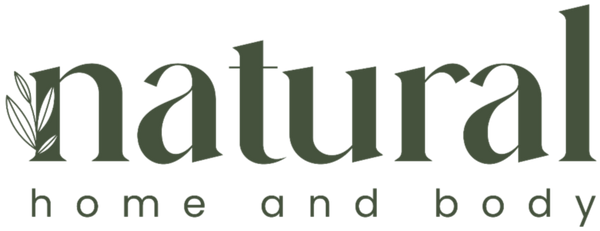We live in a world filled with convenience, but with that comes constant exposure to chemicals that our bodies were never designed to handle in such volume. From the food we eat to the products we use daily, toxins can quietly build up in our system over time and put pressure on my lymphatic systems and more importantly our liver.
While our body is equipped with natural detoxification pathways, mainly through the liver, kidneys, skin, lungs, and lymphatic system — these systems can become overburdened when the exposure exceeds what the body can efficiently process. That’s when you might start to experience the effects of what’s known as a toxin overload.
What is a Toxin Overload?
Your toxin load refers to the total amount of toxins your body is exposed to and must process or eliminate.
This includes:
- External toxins (exogenous): chemicals from cleaning products, skincare, perfumes, air pollution, processed foods, and pesticides.
- Internal toxins (endogenous): waste products your body naturally produces through metabolism and digestion.
When these toxins accumulate faster than your body can eliminate them, your toxin load increases, leading to an imbalance that can manifest through fatigue, skin issues, poor digestion, or inflammation.
How Does Toxin Overload Happen in Today’s World?
Our modern environment exposes us to thousands of synthetic chemicals every day, many of which are absorbed through the skin, inhaled, or ingested. It’s the cumulative effect of all these small, daily exposures that contributes to an increased toxic burden.
Here are some of the biggest culprits contributing to daily toxin overload:
1. Personal care products: synthetic fragrances, parabens, and preservatives (phathaltes) absorbed through your skin.
2. Household cleaning products: harsh chemicals that linger in the air and on surfaces.
3. Processed foods: additives, colourants, and refined sugars that increase inflammation.
4. Environmental pollution: exhaust fumes, smoke, industrial by-products and 'off-gasing' of mattresses and furniture.
5. Plastics and packaging: BPA, phthalates, and microplastics leaching into our food and water.
Common Signs of Toxin Overload
1. Fatigue that doesn’t go away: You’re sleeping enough but still waking up tired or sluggish. Feeling tired even after rest can be a sign that your liver and detox organs are under stress.
2. Headaches or brain fog: Difficulty concentrating or feeling “off” mentally. If you find yourself easily distracted or forgetful, it might not just be stress. A build-up of toxins can affect how clearly your brain functions.
3. Skin issues: When the liver and gut are overwhelmed, the skin often becomes the backup detox organ. Breakouts, congestion, or rashes are common signs the body is trying to release through the surface causing irritation and and stubborn skin conditions.
4. Bloating or digestive discomfort: A sign your liver and gut may be overworked and becomes an indicate that waste is not moving efficiently, causing discomfort and constipation. This can lead to toxins being reabsorbed rather than being removed from the body.
5. Body odour or bad breath: Toxin buildup can alter the natural balance in the body causing excess or stronger body odour and bad breath.
Simple Ways to Support Your Body’s Detox Pathways
1. Hydrate deeply: Aim for 2–3L of filtered water a day to flush waste naturally. Adding celtic sea salt to your water and investing in good quality electrolytes can ensure you're hydrating on a cellular level.
2. Sweat regularly: Sweating regularly can help support detoxification through movement, saunas, or warm baths. Magnesium baths are especially beneficial.
3. Switch to low-tox products: Reduce your daily chemical exposure through skincare, cleaning, and home products is one of the most important steps you can take when leaning into a more conscious lifestyle. Start small to avoid overwhelm and swap as you go.
4. Support your liver: Your liver is your main detox organ, so nourishment is extremely important. Starting your day with some warm lemon water, not only hydrates your body but contains detoxifying properties within the lemon. Focus on supporting your body by eating a wholefoods diet, making sure you're consuming enough protein to support liver function. Drinking herbal teas such as milk thistle or dandelion root are also know to help support the liver.
5. Rest: Detox happens most effectively when your body is calm, nourished, and well-rested.
The Power of Small Changes
Toxin overload doesn’t happen overnight and neither does healing. By making small, mindful swaps each day, you can reduce your toxic load and support your body to do what it does best: keeping you balanced, radiant, and well. Once you notice the difference and continue to make healthier habits, these will become second nature to you.

